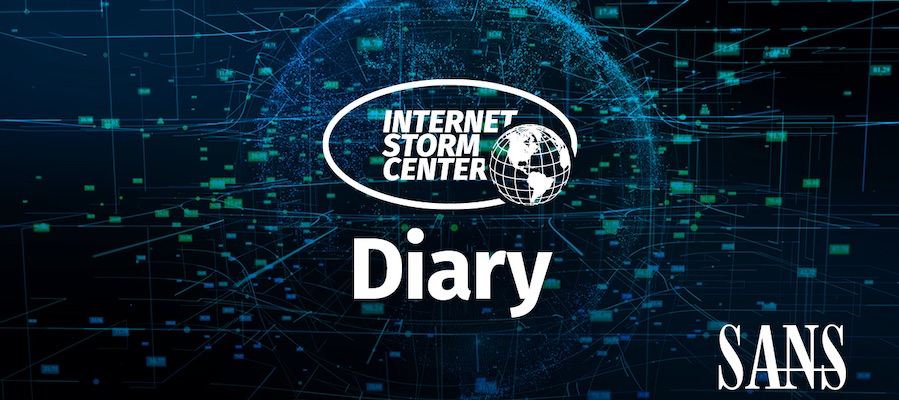Today, I published the following diary on isc.sans.edu: “Suspicious IP Addresses Avoided by Malware Samples“: Modern malware samples implement a lot of anti-debugging and anti-analysis techniques. The idea is to slow down the malware analyst’s job or, more simply, to bypass security solutions like sandboxes. These days, I see more and more malware
